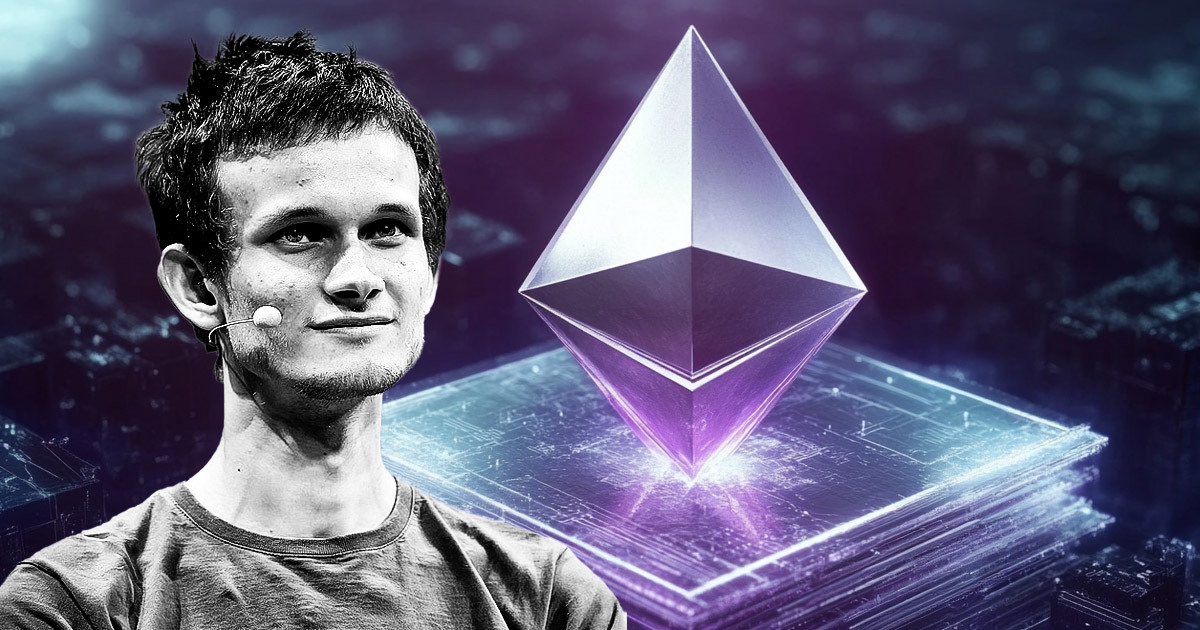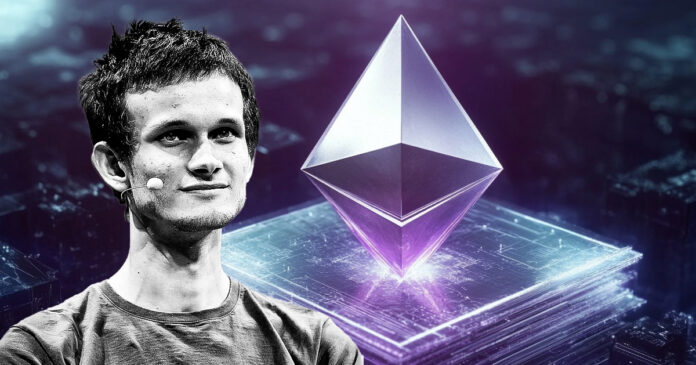
Ethereum co-founder Vitalik Buterin has introduced a change in how he’ll focus on Layer 2 (L2) tasks beginning subsequent 12 months.
In a September 12 submit, Buterin mentioned that he would solely publicly acknowledge L2s that had reached a grade of 1 or greater of their decentralization efforts, no matter his funding.
He said:
“I take it severely. Beginning subsequent 12 months, I plan to publicly point out (in blogs, interviews, and so forth.) solely L2s which can be in section 1+, with “possibly a brief grace interval” for brand spanking new actually fascinating tasks. It doesn't matter if I invested or if you’re my pal; section 1 or bust.”
Buterin outlined the standards for section 1+ summaries. Based on him, the community would require a 75% consensus of the board to beat the proof system, with no less than 26% of the board members impartial of the rollup.
Buterin famous that his calls for had been affordable and mandatory for the safety of the networks. He mentioned:
“Part 1 (75% threshold on the board for the proof system override, 26% or extra of the board members should be exterior the general workforce) is a really affordable reasonable milestone. The multisigs I've been in haven't had a single stay failure in years, not to mention 26%.
The co-founder of Ethereum concluded that “the rollup period that was celebrated by multisigs is coming to an finish. The period of cryptographic belief is dawning.”
Criticism of layer 2 networks
Buterin's present place comes at a time when Ethereum's Layer 2 networks have lately been criticized for his or her centralized buildings.
Final month, Justin Bons of Cyber Capital raised considerations, arguing that these networks pose dangers as a consequence of their centralization, probably permitting them to steal customers' funds.
Nevertheless, Buterin countered that extremely decentralized L2 options can’t take sources from customers with out reaching a powerful consensus.
In the meantime, these debates proceed as Ethereum's Layer 2 networks, together with Arbitrum, Optimism, Base, and zkSync, develop quickly. Already, greater than 80% of Ethereum transactions happen on L2 options, and there are rising indications that their improvement will solely proceed to speed up as a consequence of their excessive adoption charge.
